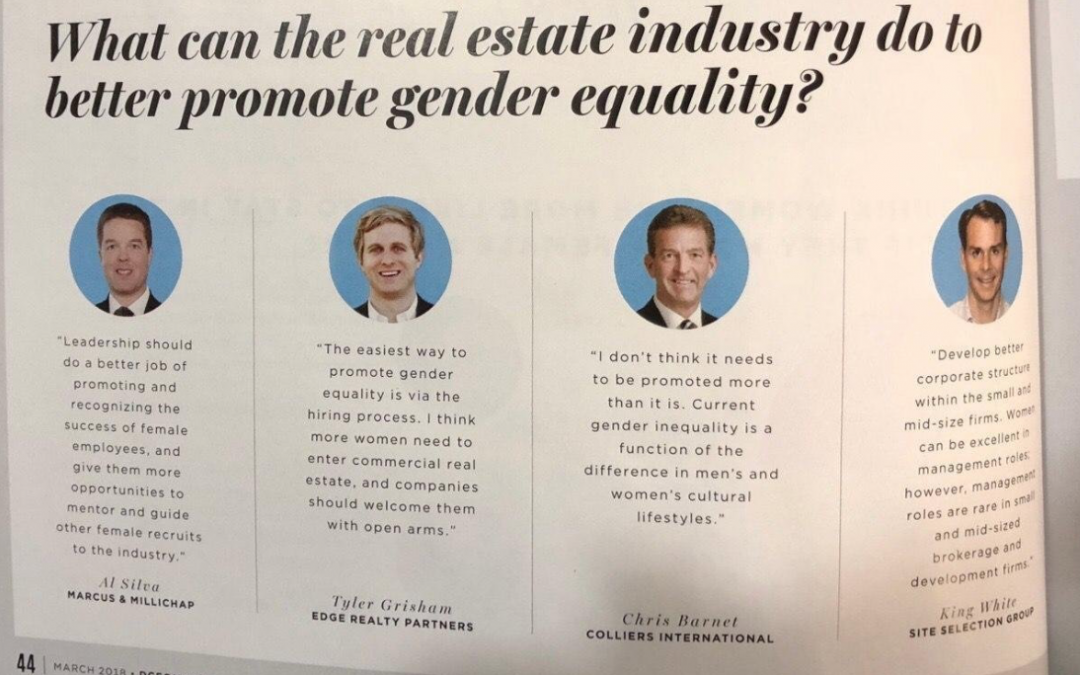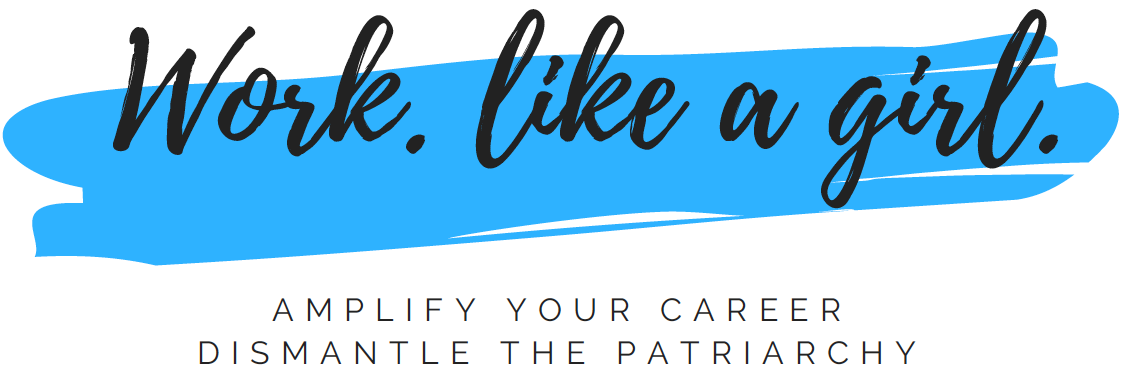Images Matter.
Subconscious bias, the wage gap, and the glass ceiling continue to persist for many reasons, but one is a lack of representation. When I say “doctor” or “CEO” or “lawyer,” who first popped into your head?
Be honest. A woman? A person of color? Someone disabled? If I was in Vegas, I’d put my money on a middle aged white guy.
Subconscious bias is not something that men do to women, or that white people do to back people (though that happens), but rather it is a way that we are all socialized that says this is normal, this is not. And for women, we are not only undervalued for our worth, work, intelligence, and contributions, but many times provided feedback that indicates we don’t belong. You may even work for an organization that is subconsciously sharing this message.
Part of what holds us back as a society is not merely our subconscious bias, but the lack of diverse images that reinforce these ideas. What do we see and associate with business success? It’s a self-fulfilling prophecy.
While men need to be a part of the conversation because this demographic disproportionately holds the majority of decision making and upper-level positions, only allowing men to carry on the conversation will not move the needle.
When women see themselves in film, on panels, in leadership positions, the needle moves. It’s a small step, but it makes a significant impact on women, especially younger women, because it teaches them what is possible: and what’s possible is them.
TAKE ACTION:
Start to notice: Does your employer host panel discussions? Are women represented on those panels in equal numbers? Women are currently 52% of the professional workforce, and earn 60% of both undergraduate and graduate degrees. And we have for the past 30 years. This is not a pipeline issue. It’s an inclusion issue.
If not, are decision makers willing to listen to feedback and ensure that more women are represented? If not, you can can provide anonymous feedback at fairygodboss so that your employer can receive honest feedback (and your job remains safe).
Representation matters. And noticing who holds the microphone and asking for equal representation is the number 1 way to beginning changing our bias. Everyone wins. When more women make it to the top, all corporate markers of success increase: companies make more money, they have more products brought to market, capture new market shares, and are more likely to be successful. These statistic represent what is possible when just a few women make it to the top. Can you imagine what would happen if 50% of us did?
That’s what I want for our daughters. So don’t settle for 1 woman on a panel of 8. It needs to be equal, and it needs to be now.
What else can we do? Let me know in the comments below.


